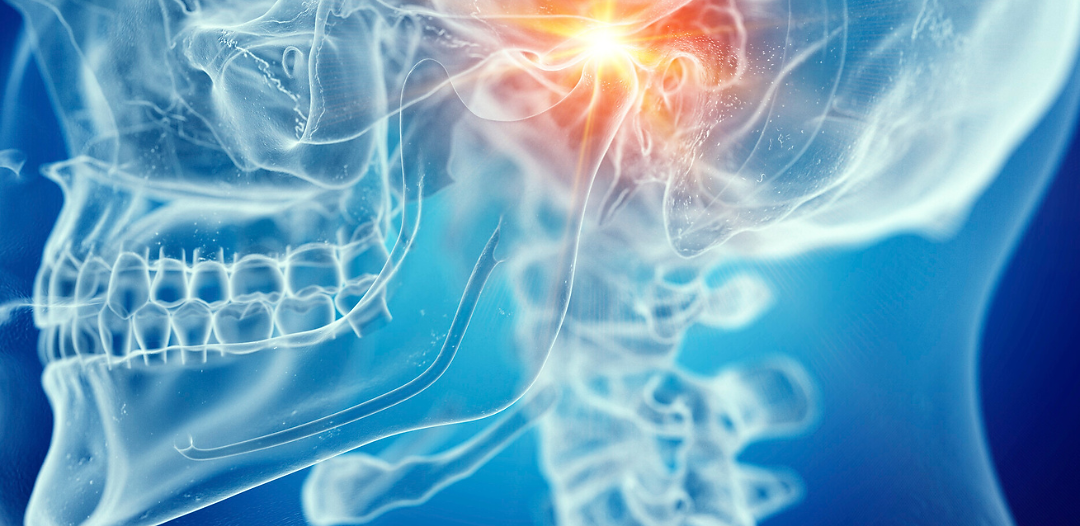Temporomandibular Joint Dysfunction (TMJD)
Have you ever been told by your dentist that you clench or grind your teeth at night?
If so, you're not alone. This common habit, often caused by stress or subconscious tension, can lead to a condition called Temporomandibular Joint Dysfunction (TMJ).
TMJ Explained:
- The TMJ is the hinge joint that connects your jaw to your skull, right in front of your ears. It allows you to open, close, and move your jaw sideways for essential functions like talking, chewing, and yawning.
- Muscles and ligaments surround the TMJ, and when these become inflamed or irritated, it can cause TMJ dysfunction.
The Link Between Teeth Grinding and TMJ
Teeth clenching or grinding (also called bruxism) can put excessive strain on the TMJ and the muscles around it. Over time, this strain can contribute to TMJ dysfunction and its associated pain.
If you suspect you might have TMJ, it's important to see a dentist or doctor for diagnosis and treatment. Early intervention can help prevent further problems and manage your symptoms.
Additional Information:
- TMJ dysfunction is a relatively common condition, affecting millions of people worldwide.
- While teeth clenching is a significant risk factor, other factors like arthritis or jaw injury can also play a role.
- There are various treatment options available for TMJ, ranging from self-care techniques and pain medication to mouth splints, physical therapy and massage therapy.


